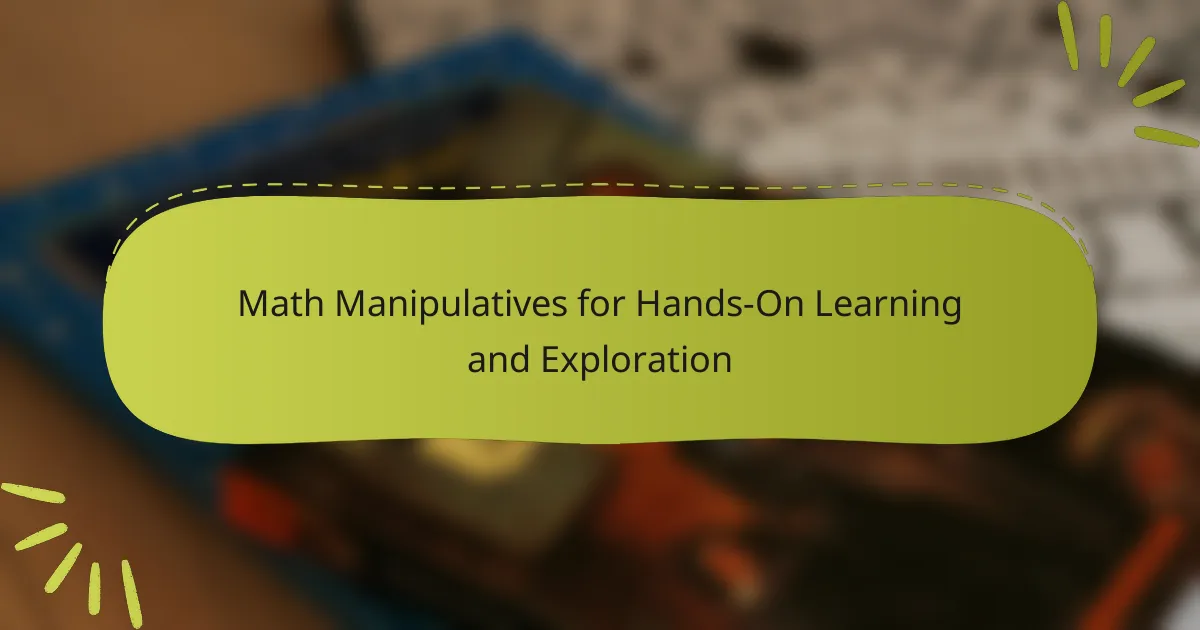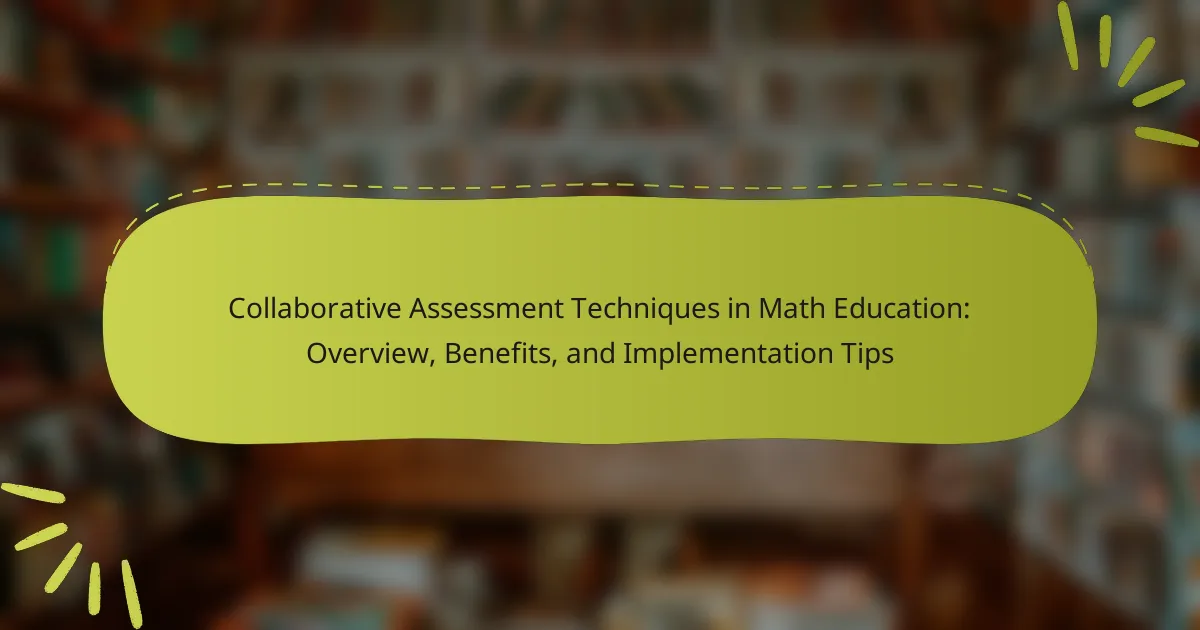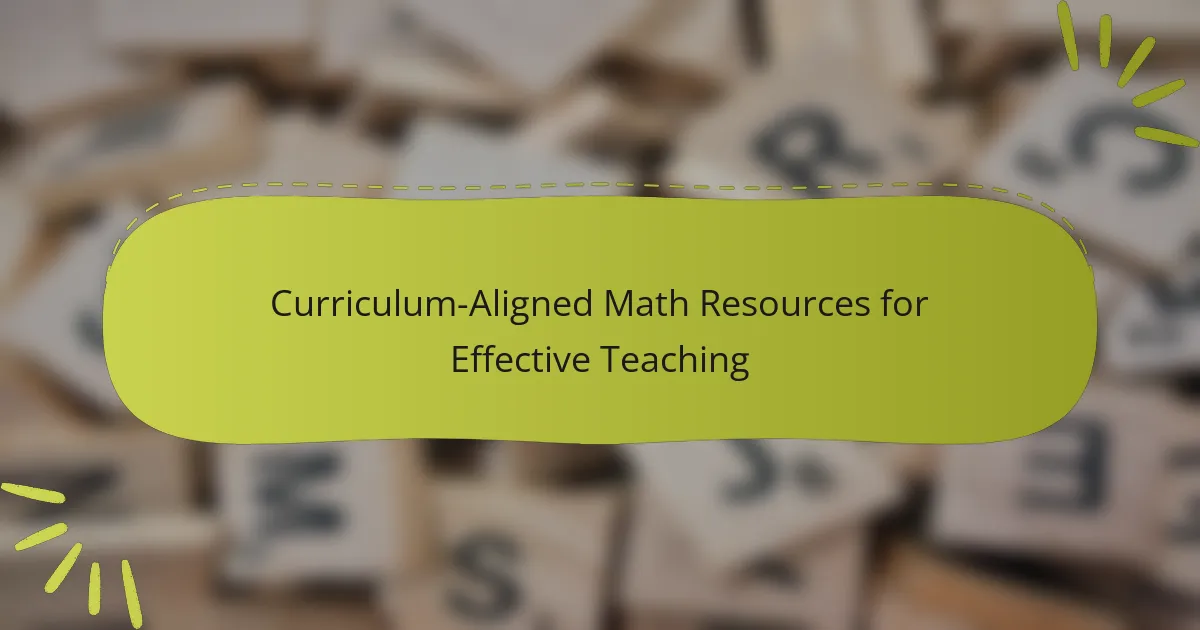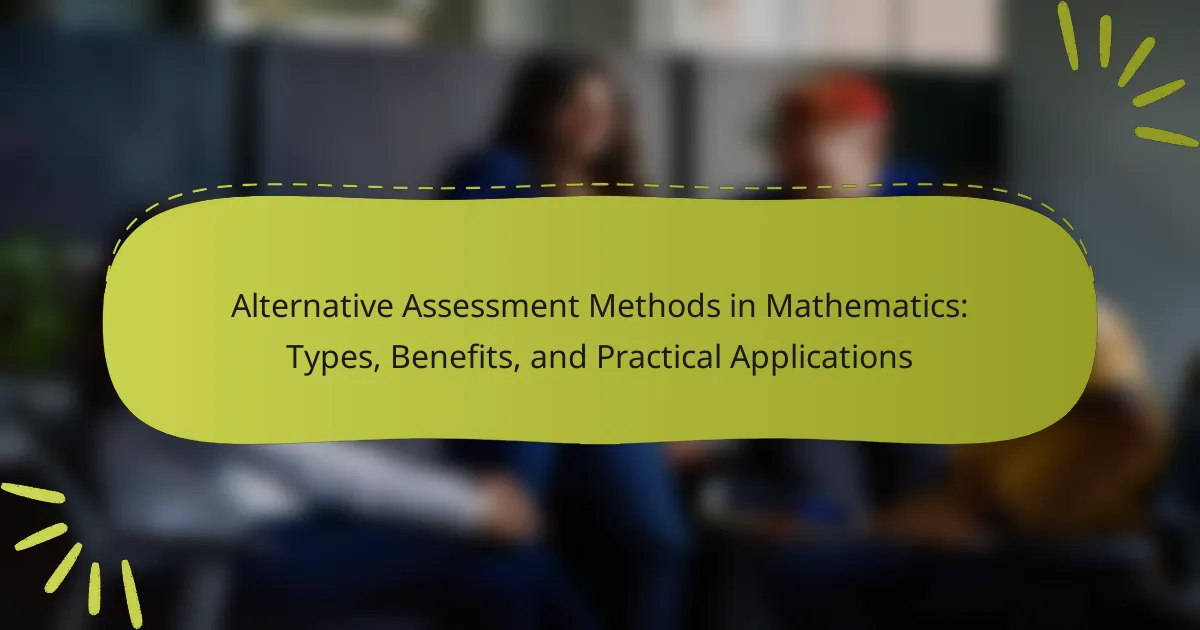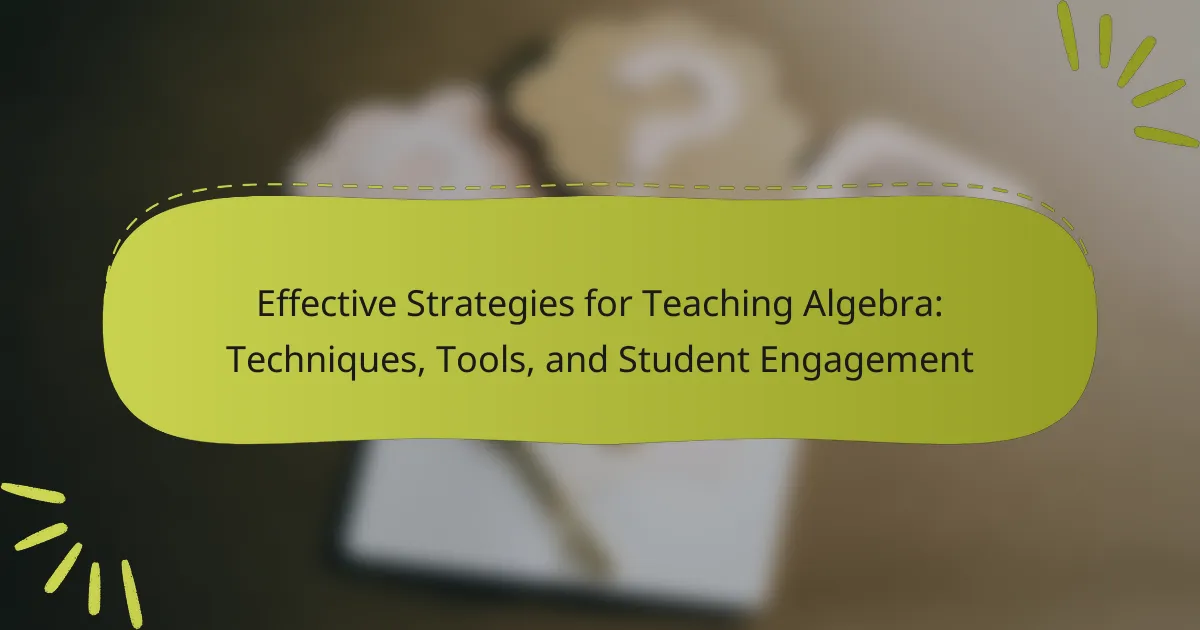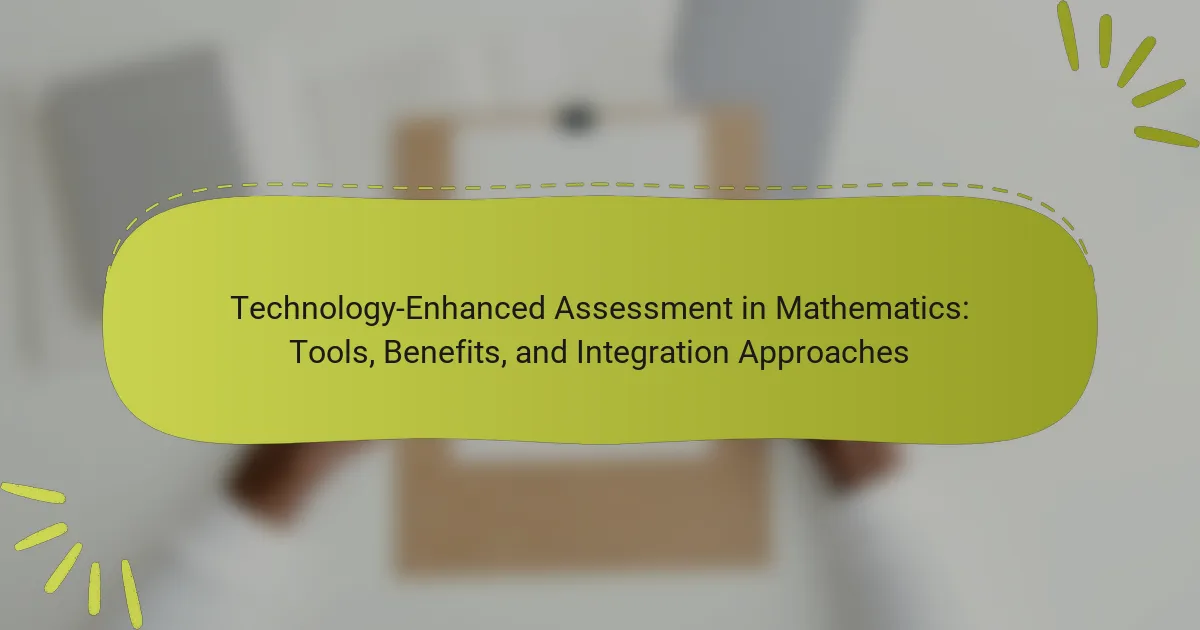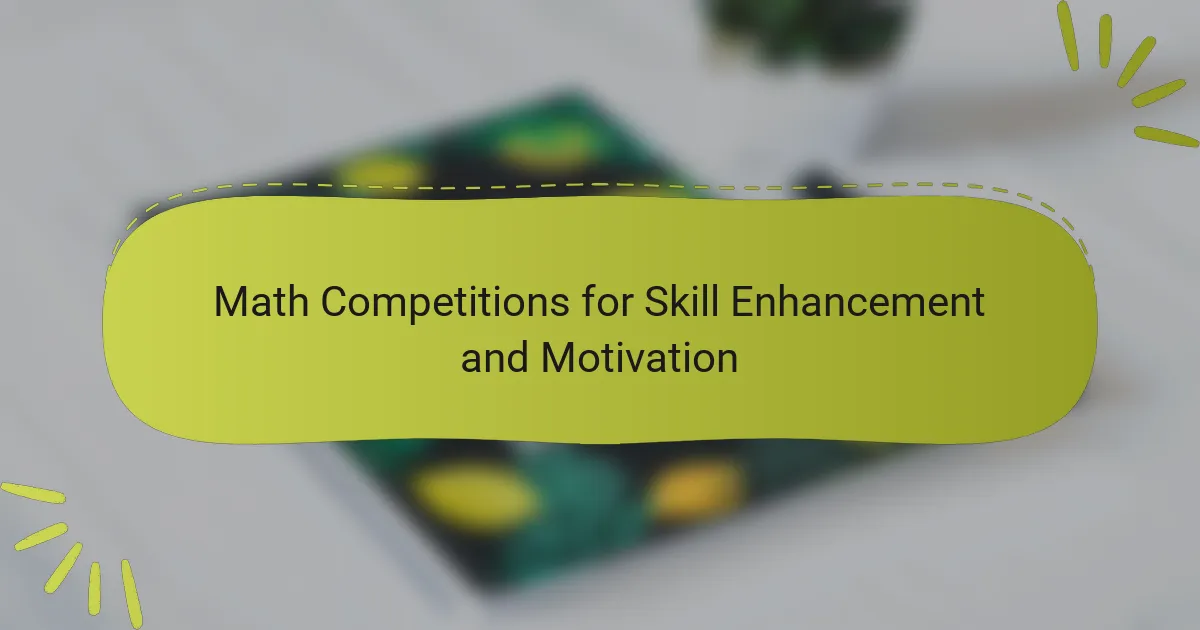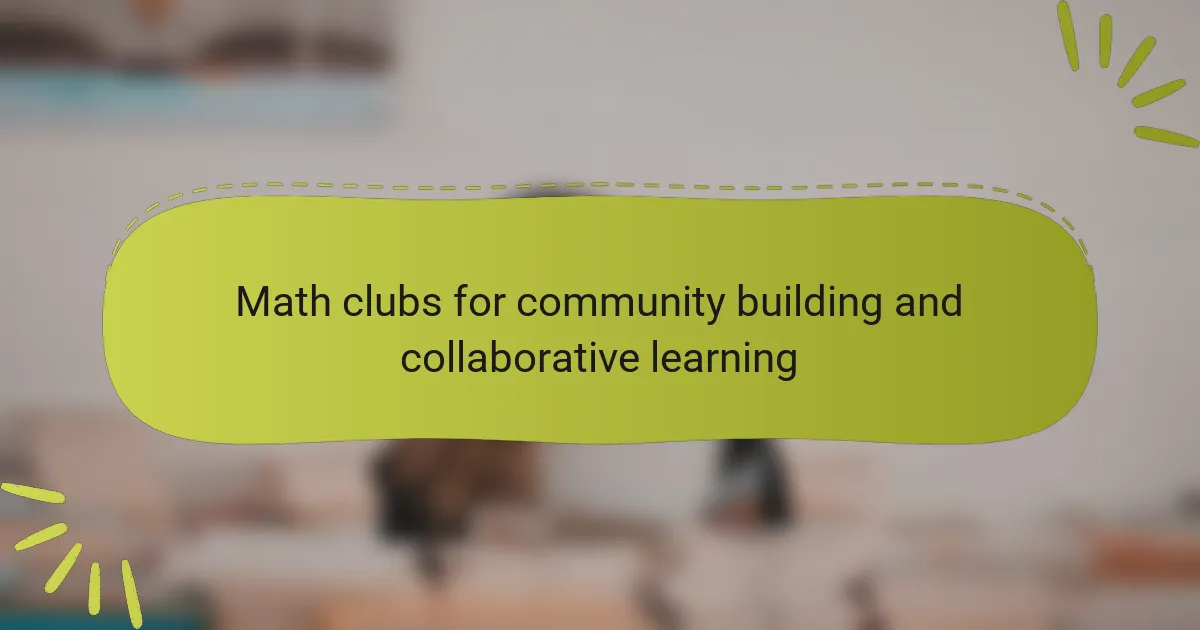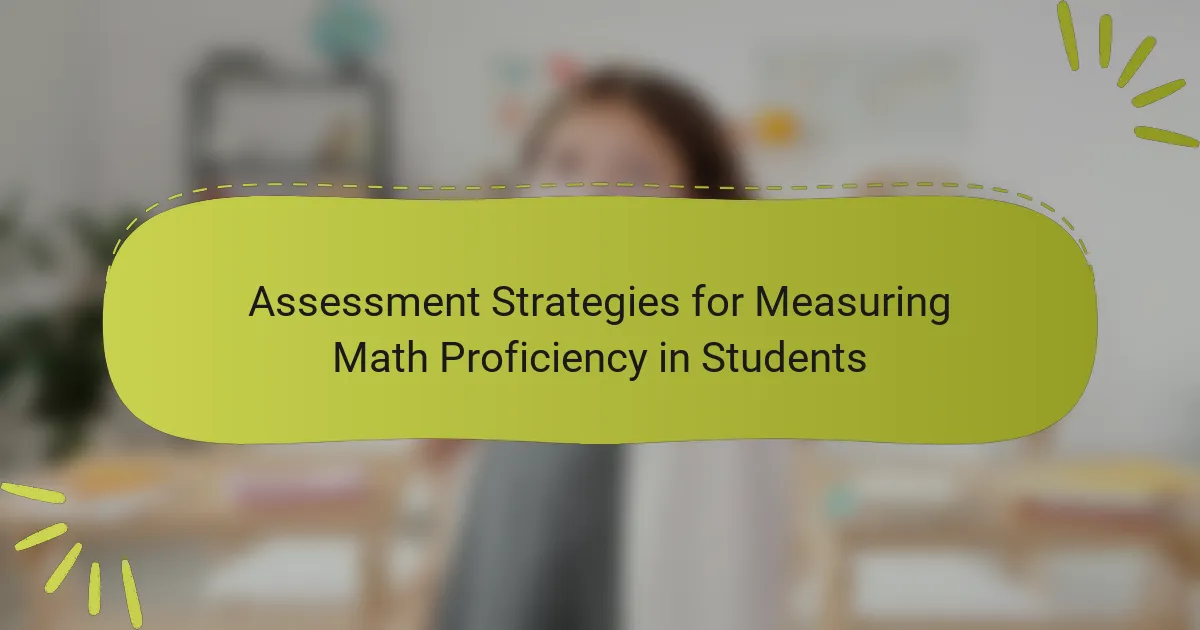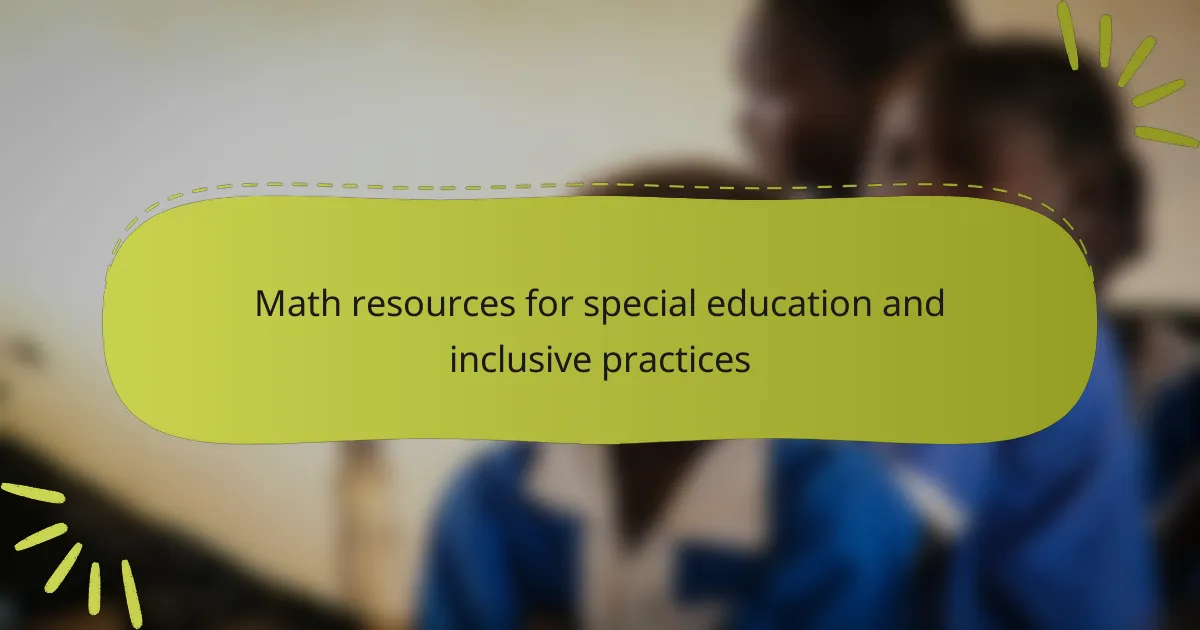
Math resources for special education and inclusive practices
Math resources for special education and inclusive practices encompass tools, strategies, and materials specifically designed to support diverse learners in enhancing their mathematical understanding. These resources include manipulatives such as counting blocks, visual aids like charts, and digital tools such as interactive math software that provide personalized learning experiences. Additionally, specialized curricula cater to individual…
